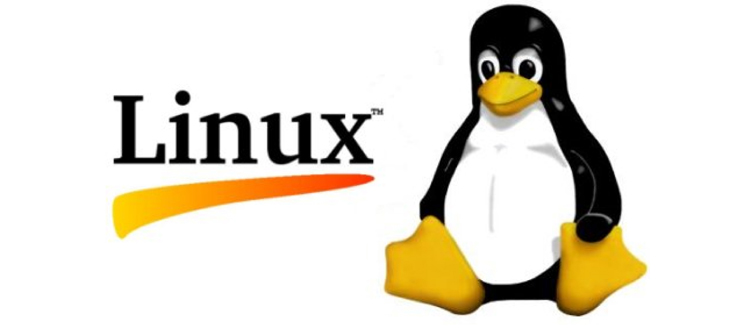We love a good caper story as much as the next mystery fan, and this perky after-crime report is a good look at cyber-security matters and how they fail. In How Hackers Stole 24,000 Files From The Pentagon, the breach is traced to some very obvious methods.
Briefly, they slapped together a bogus PDF document that got sent at about 7:30AM “because the best time to send those types of things is right before someone’s had their coffee.” See, right there, it’s the human factor, not tech. Victim opens document, document installs malware, target system has 24,000 documents on file because they subcontract for the US Department of Defense, and that’s that, it’s break time.
It also goes to show just how little progress we’ve actually made at information security. As long as we have the concept of a zero-day exploit, we’ll still have computer networks that aren’t any more secure than a cardboard box, no matter how many clever measures we take.



